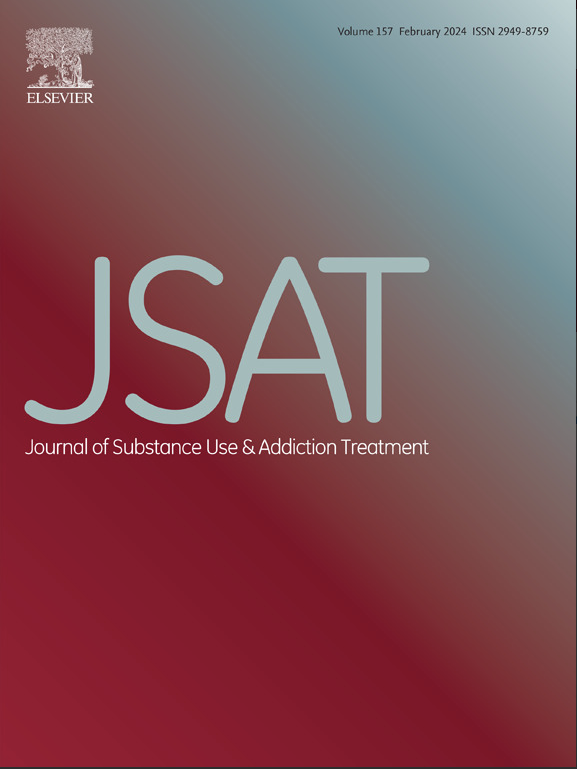Headline
Nurse practitioners’ (NPs) ability to provide care independently in rural primary care clinics is associated with reduced emergency department (ED) use among older adults with substance use disorder (SUD).
Context
There is a growing prevalence of SUD among older adults in the United States. Community-based SUD care is critical to reducing the risk of drug overdoses, ED visits, and other adverse patient outcomes. However, providing this care in rural communities is especially challenging, due to transportation barriers and a shortage of both specialty and primary care providers. Increasingly, NPs are becoming the lead providers of SUD care in rural communities, with over 70% of rural NPs offering buprenorphine treatment for people with opioid use disorder, compared to 56% of rural physicians.
Findings
Using Medicare claims data and a cross-sectional survey on NP work environments in rural primary care practices, this study assessed the link between supporting NPs and ED use among older adults with SUD. Based on a five-point rating scale, a one-point increase in NPs’ rating of the support they receive to practice independently was associated with a 49% decrease in all-cause ED visits for a given patient. No significant relationship was found between the three other measures of NP work environment assessed in the study — relationships with administrators, professional visibility, or relationships with physicians — and ED visits.
Takeaways
These findings underscore the importance of providing organizational support for NP independent practice to address disparities in access to SUD care and to improve health outcomes in rural communities — adding to a growing evidence base indicating the efficacy of NP-delivered SUD care. As the number of NPs serving rural populations continues to increase relative to physicians, provider organizations and health systems should prioritize empowering NPs to deliver care independently, whenever feasible, to maximize their effectiveness.
The authors suggest that organizational measures, such as reducing requirements for NPs to consult with physicians on aspects of patient care plans and ensuring NPs have equitable access to care management and ancillary staff, can facilitate NP autonomy. Moreover, modifications to state-level scope of practice regulations can further empower NPs to deliver comprehensive care.

